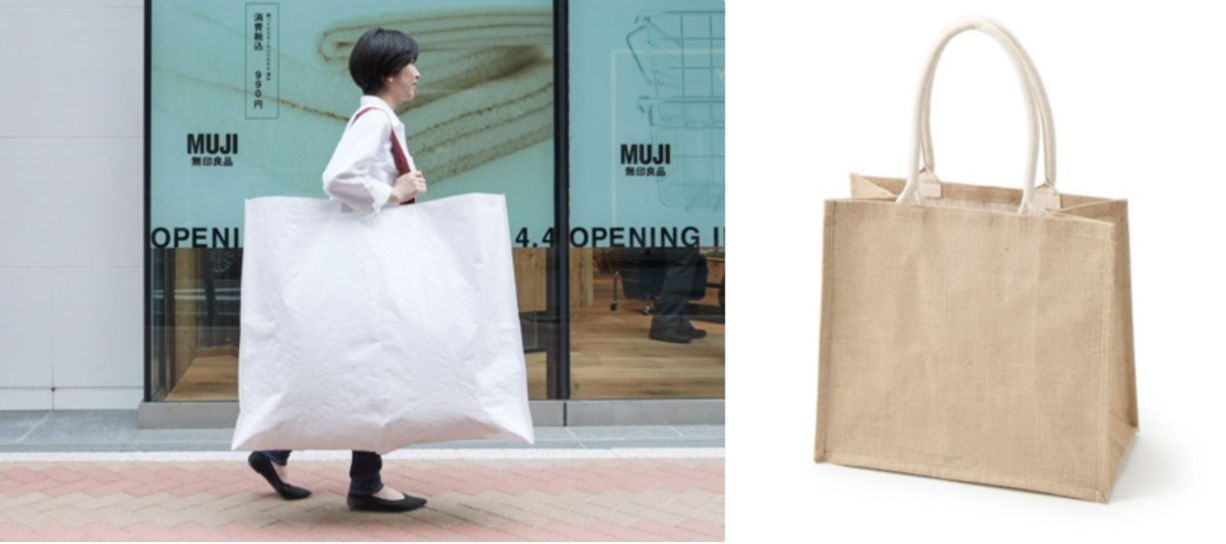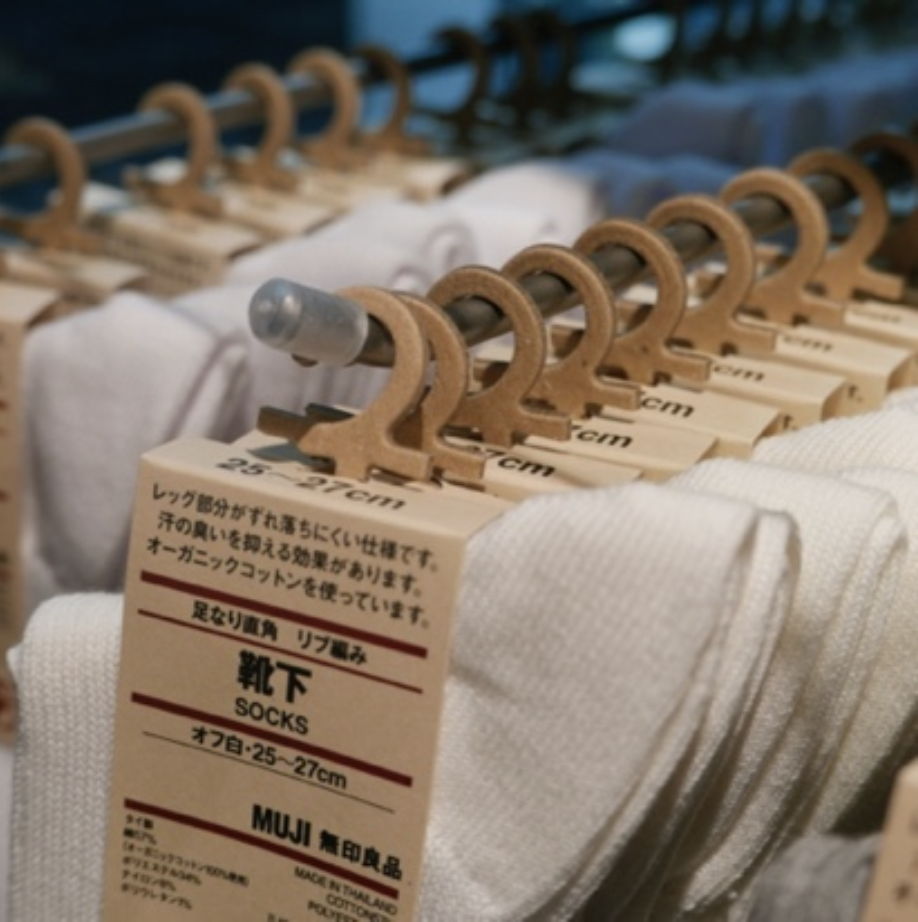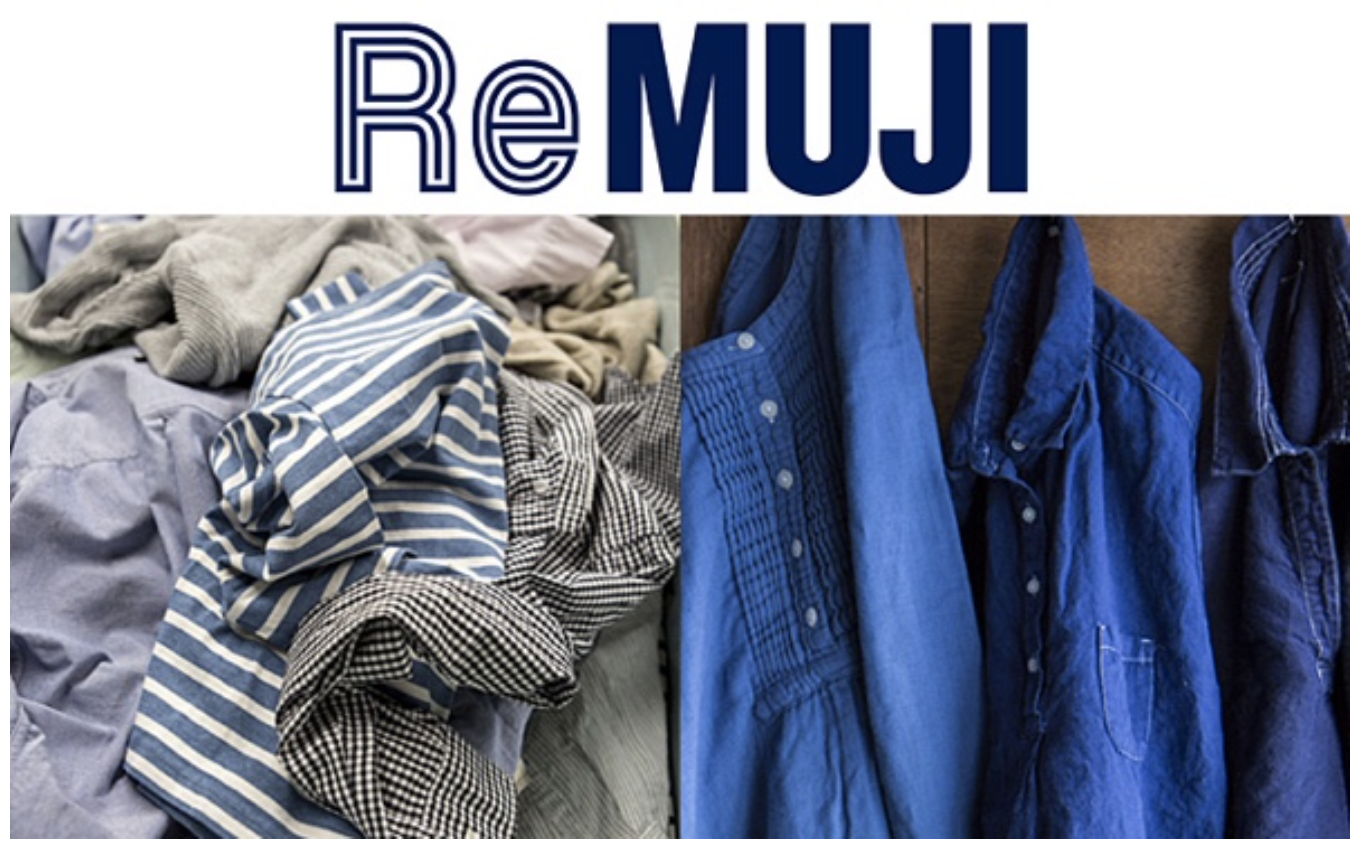Fact Sheet: Sustainability
Since MUJI was founded in 1980, its manufacturing has been guided by a careful approach to selecting materials, reviewing supply chains, and simplifying packaging, with careful consideration of materials.
MUJI’s product is designed to take into account the global environment, eliminate waste, and provide customers with what they really need in the form they actually need without the frills and excess packaging - in genuine colors, in natural materials, in unbleached papers and cloth.
Sustainability practices include:

Reducing Plastic Bags Wastage
In the spirit of reducing waste and conserving resources, MUJI encourages all customers to bring their own bags, reuse our brown paper bags or purchase our range of reusable bags and carriers while shopping at MUJI.

Moving to Paper Packaging
With the aim of recycling global resources and reducing waste, MUJI is gradually reviewing the materials used for product packaging, and working on the reduction of plastic material consumption in various ways, beginning with a shift to paper packaging.
Hooks and hangers for garment accessories such as socks, stoles and belts have been replaced with paper material, as well as some select household goods such as toothbrushes and refills for cleaning products.

ReMUJI
In Japan, the ReMUJI program involves a collection of clothes that were either used for years by customers or became unsellable during the manufacturing or distribution process. MUJI re-dyes and recycles them into ReMUJI merchandise with new and unique value.
The first sales of ReMUJI products began in March 2015 at MUJI Tenjin Daimyo store. As of July 2021 they are sold regularly at 13 stores throughout Japan.